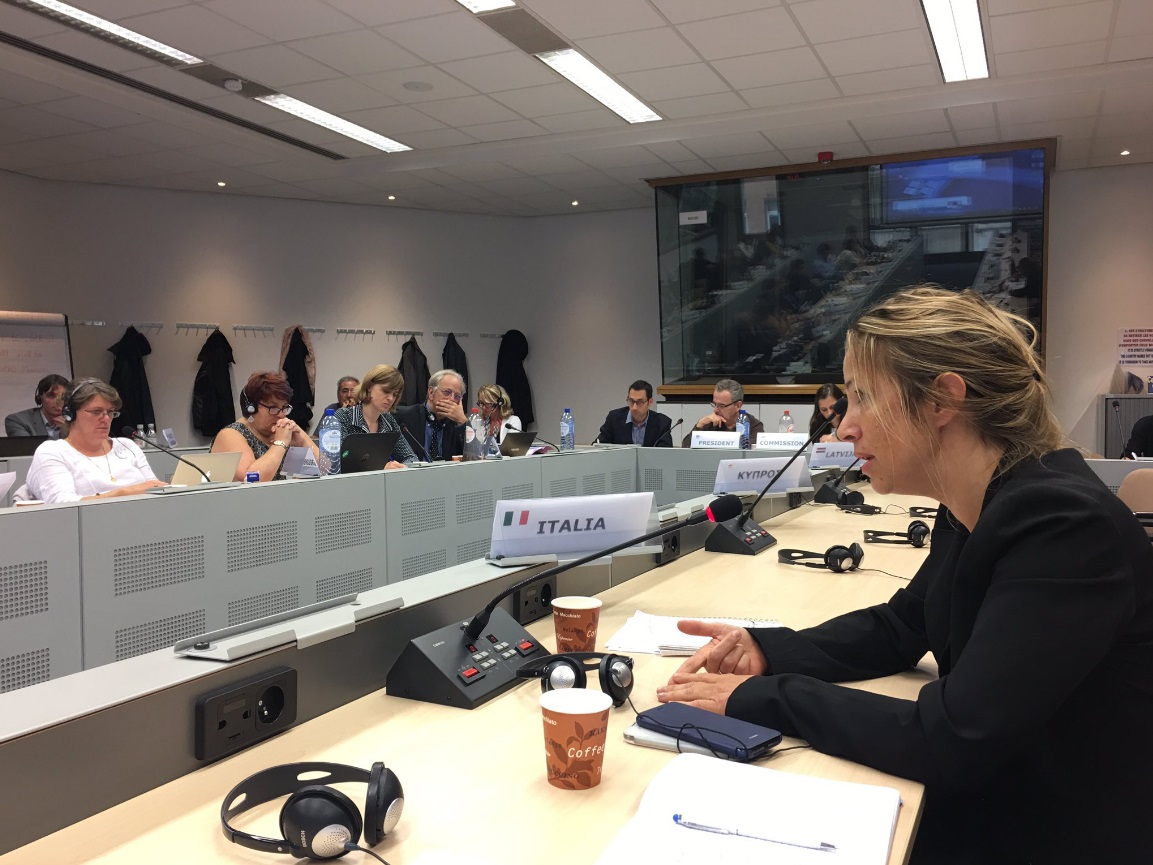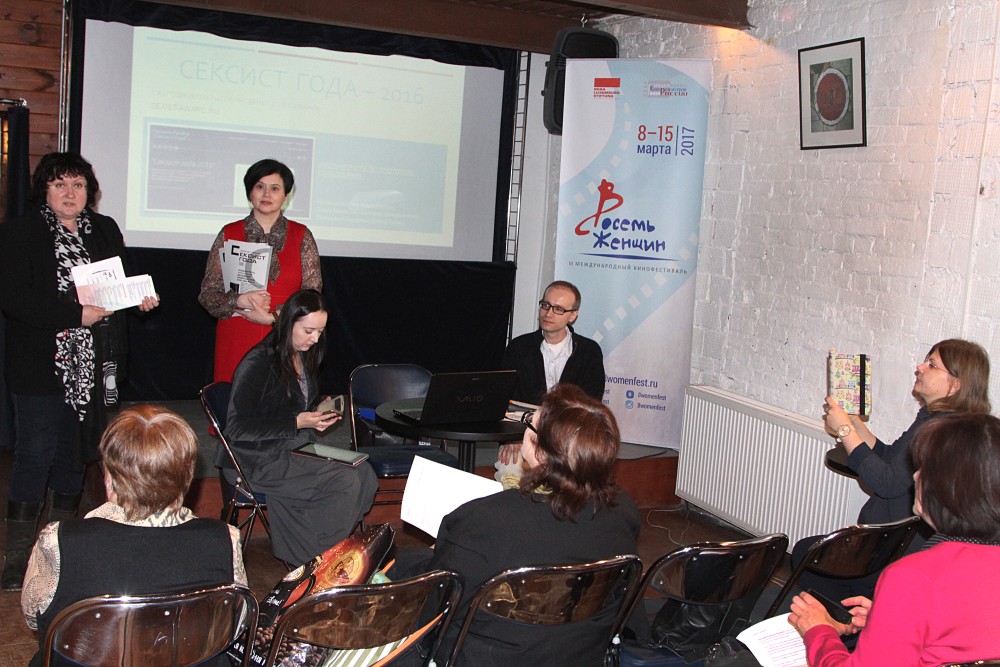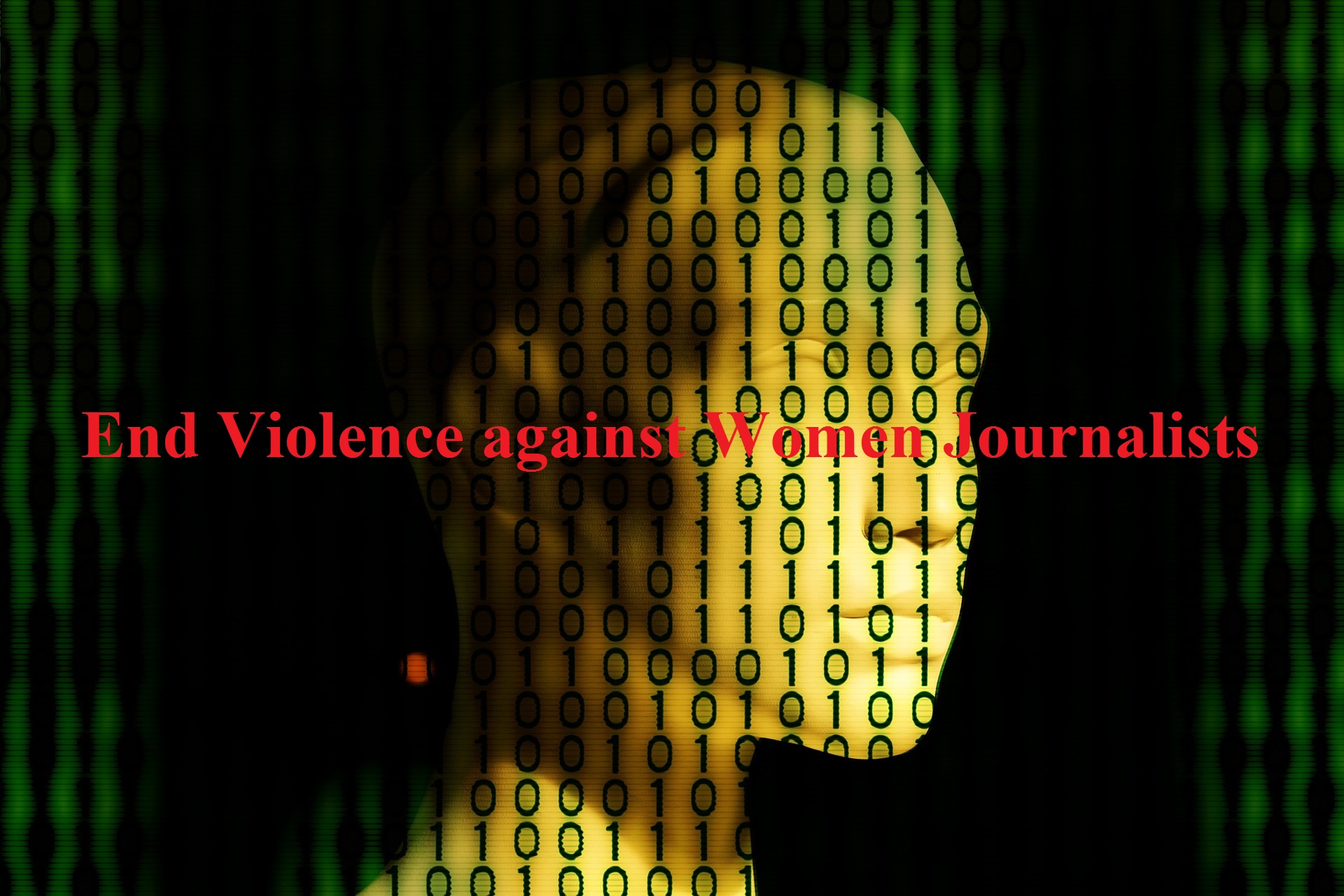On February 2018, the EFJ took part to the kick off meeting of a 24-month project called Monitoring the implementation of the Framework of Action on gender equality and mapping initiatives to promote diversity in the European audiovisual sector.
A framework of action was agreed by social partners in 2011, this project will focus on where are we now?
Partners include : UNI MEI, FIA, FIM, EFJ, ACT, EBU, AER, independent broadcasters
The aim of this project is to monitor how the Framework of Actions on Gender Equality in the Audiovisual sector (FoA) is currently implemented in the EU Audiovisual sector, and how it can be reviewed and possibly adapted to ensure its sustained relevance and impact. The FoA was approved and adopted by the EU Audiovisual Sectoral Social Dialogue Committee (AV SDC) back in 2011. In this document, European social partners put forward joint considerations and recommendations for actions of their affiliates to enhance gender equality in five key areas: gender portrayal, equality of pay, equality in decision making, gender roles in the work-place, and the reconciliation of work and private life.
During the project period, social partners will also explore sector initiatives fighting discrimination and promoting diversity related to 5 grounds (sexual orientation, age, disability, ethnicity and nationality, religious belief) and formulate recommendations for further engagement of social partners in this field.
- Prepare a handbook on best practices in the AV mainly coming from our respective members
- Organize 4 national meetings presenting some of the best practices and convening all social partners on the ground
- Launch the handbook at a conference in Brussels at the end of the project.
 This project receives the financial support of the European Union. All responsibilities regarding the contents and the actions belong to the authors only and should not be considered as reflecting the views of the European Union.
This project receives the financial support of the European Union. All responsibilities regarding the contents and the actions belong to the authors only and should not be considered as reflecting the views of the European Union.

















